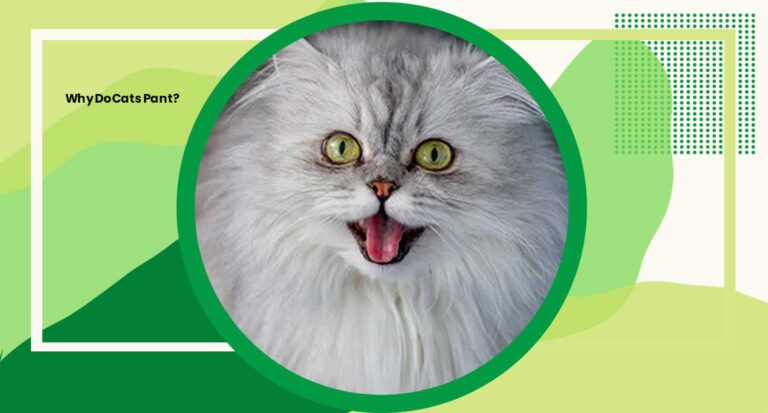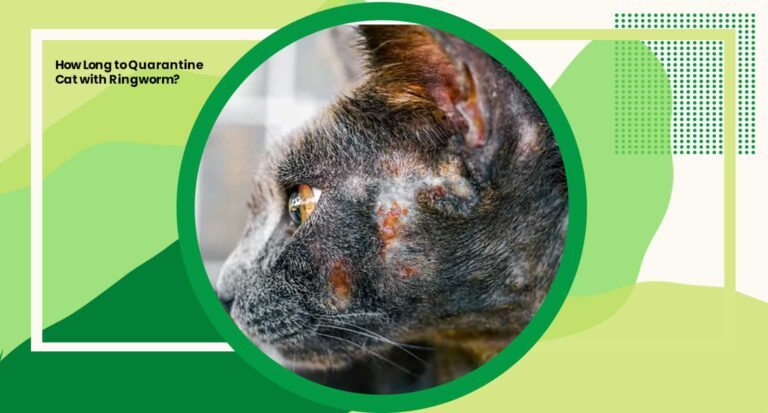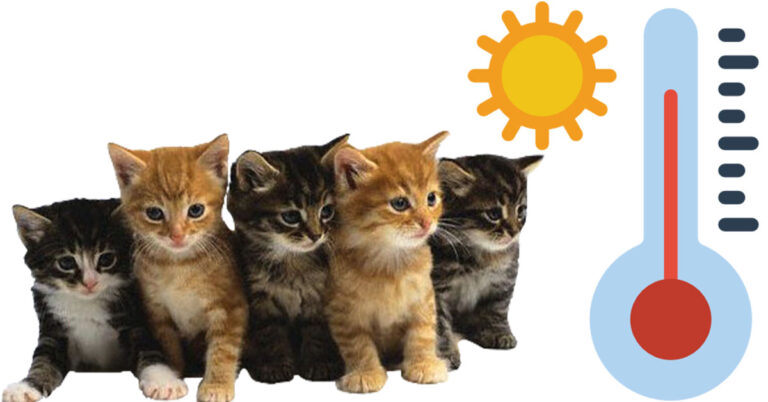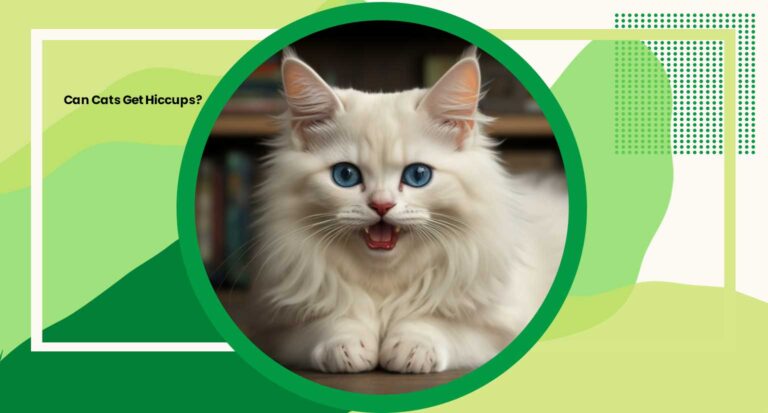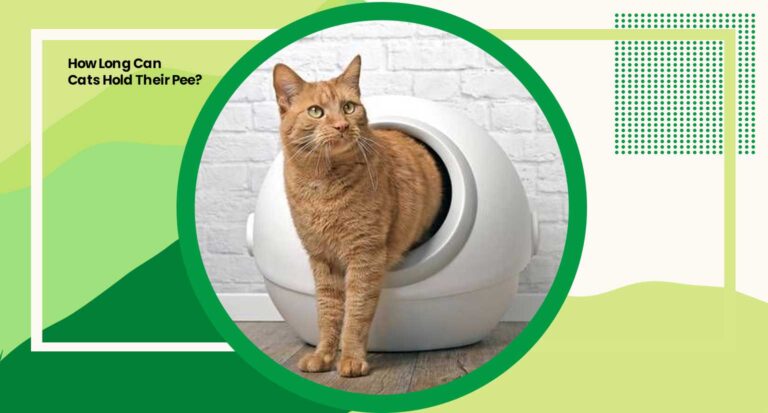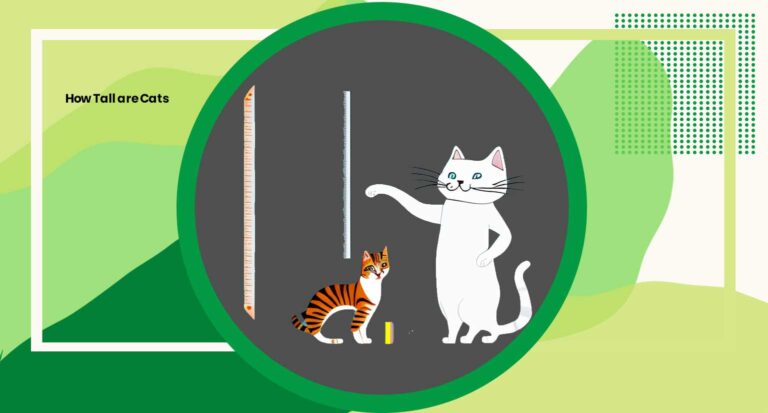How Long Cat Can Live? Essential Insights and Tips
Welcome to a world where whiskers and curiosity meet the sands of time. In the realm of pet companionship, understanding the longevity of our feline friends is an intriguing journey.
As cat enthusiasts and caregivers, delving into the question, How long cat can live? becomes not just a quest for knowledge but a pivotal step in ensuring a lifetime of health, happiness, and companionship with your beloved cat.
Join us as we unravel the mysteries and unveil the factors that contribute to the remarkable lifespans of these enigmatic creatures.
How long cat can live? Exploring Feline Lifespan with a Focus on “How Long Will My Indoor Cat Live?”
When you’ve got a cozy ball of fur padding around your home, the question naturally arises: how long will your indoor cat be your faithful companion?
Well, the good news is, indoor cats tend to have longer lifespans compared to their outdoor counterparts.
Longevity of Indoor Feline Companions
For cat aficionados who have their feline friends lounging indoors, the query about their pet’s lifespan is both pertinent and intriguing. Indoor cats typically enjoy longer lifespans compared to their outdoor counterparts.
The controlled environment, reduced exposure to potential hazards, and attentive care significantly contribute to extending their years.
Let’s explore the factors that influence the lifespan of indoor cats and how to optimize their well-being for a longer, happier life.
Why, you ask? It’s all about the environment they’re in.
Protective Haven of Indoor Living for Cats
Your indoor space becomes their playground and sanctuary. With minimized exposure to outside dangers like traffic, predators, and other potential risks, they’re safer.
Plus, being indoors means they’re more shielded from diseases spread among outdoor feline communities. It’s like creating a little protective bubble around them.
But, there’s more to it than just the four walls. The care you provide, from nutrition to regular vet check-ups and mental stimulation, plays a huge role. Think of it as offering them a lifestyle with a touch of luxury and a whole lot of love.
Nurturing a Longer, Healthier Life for Your Indoor Feline Companion
So, while there’s no exact expiration date stamped on their furry little paws, nurturing your indoor cat in a safe, comfortable environment significantly boosts their chances of enjoying a longer, healthier, and purr-fectly happy life by your side.
How Long Do Outdoor Cats Normally Live?
Outdoor cats lead a different lifestyle compared to their indoor counterparts. Their lifespan is often influenced by various factors in their environment.
Let’s delve into the world of outdoor feline companions and understand the typical longevity they experience.
Outdoor Feline Lifestyle
Living outdoors exposes cats to a range of elements, from the thrill of exploration to potential hazards. They roam freely, embracing the open air, yet encounter risks like traffic, encounters with other animals, and exposure to harsh weather conditions.
These elements can impact their lifespan, potentially shortening it compared to indoor cats.
Factors Affecting Lifespan
Unlike indoor cats, outdoor felines face a higher likelihood of injuries from fights with other animals or accidents. Additionally, they might be more susceptible to contracting diseases from other cats in the neighborhood. These factors contribute to a more unpredictable lifespan for outdoor cats.
Care for Outdoor Cats
The care an outdoor cat receives also influences how long they may live. While they relish the freedom of the outdoors, regular vet check-ups, vaccinations, and proper nutrition play pivotal roles in extending their lifespan.
Life expectancy
In essence, the life expectancy of outdoor cats tends to be more variable due to the multitude of factors they encounter outside. Yet, with vigilant care and a watchful eye, you can optimize their chances for a longer, safer, and healthier life in the great outdoors.
Do Happy Cats Live Longer?
The happiness quotient in cats might just be the secret ingredient for a longer, healthier life. Much like humans, contentment and joy can significantly impact a cat’s overall well-being and lifespan.
Let’s explore the intriguing correlation between a cat’s happiness and its potential for a longer tenure on this planet.
Emotional Well-being Factor
Picture this: a cat lounging in the sun, playfully chasing a toy, or contentedly curled up in your lap. That contented purr might not just signify joy in the moment; it could also be a key indicator of potential longevity. Understanding the link between a cat’s emotional well-being and its lifespan unveils an intriguing aspect of feline health.
Stress, Health, and Longevity
Research suggests that a happy cat is often a healthier cat, which can translate into a longer life. Stress and anxiety can adversely affect a cat’s immune system, leaving them more susceptible to various illnesses. Conversely, contentment and reduced stress levels may contribute to a stronger immune response and overall better health.
Factors Influencing Feline Happiness
Factors like environmental enrichment, engaging playtime, and a nurturing bond with their human caregivers contribute to a cat’s emotional well-being.
A stimulating environment, proper nutrition, and regular veterinary care also play crucial roles in ensuring a cat’s happiness and, consequently, their potential for a longer life.
While happiness alone might not be the sole determinant of a cat’s lifespan, it certainly appears to be a significant contributing factor.
A cat that revels in a stress-free, loving environment tends to showcase better health and potentially enjoys an extended, fulfilling life by your side.
Which Gender Cat Lives Longer?
Well, The answer is Female cats! They often seem to have the edge in longevity.
Their smaller size may mean less strain on organs, contributing to a potentially longer lifespan. Additionally, they might have a lower susceptibility to certain genetic ailments compared to males. However, individual care and lifestyle play pivotal roles, and a well-cared-for male cat can rival or exceed these expectations.
Ultimately, quality care transcends gender in ensuring a cat’s lasting companionship.
Feline Longevity by Gender
In my experience, exploring the lifespan differences between male and female cats opens a fascinating discussion.
When it comes to which gender tends to live longer, nuances emerge, shedding light on the unique factors influencing their longevity.
Lifespan Variations Between Male and Female Cats
Traditionally, research has indicated that female cats often outlive their male counterparts. Factors contributing to this trend are multifaceted.
Female cats are generally smaller in size, which might lead to decreased stress on their organs and a potentially longer lifespan. Additionally, female cats are less prone to certain genetic diseases that can affect male cats, influencing their overall longevity.
Considerations and Individual Factors
However, it’s crucial to note that individual differences play a significant role. While statistics might lean towards females living longer, numerous exceptions exist based on various factors.
A male cat raised in a nurturing environment with optimal healthcare and minimal stressors might well surpass the average lifespan predicted for his gender.
Understanding the gender-related differences in feline longevity is essential, but it’s equally vital to recognize that each cat is an individual. Factors like genetics, lifestyle, and overall health care often outweigh gender-specific trends when it comes to determining how long a cat will live.
As a cat enthusiast, I’ve witnessed a multitude of cases where both male and female cats have enjoyed long, fulfilling lives. Ultimately, providing a nurturing, loving environment, irrespective of gender, remains the cornerstone of extending a cat’s years and cherishing their companionship for as long as possible.
Unlocking Feline Longevity
In the pursuit of understanding a cat’s lifespan, it’s clear: there’s no definitive answer. Factors like environment, care, and genetics influence how long a cat lives.
Indoor cats tend to have longer lives, while happiness and well-being also impact their longevity. Gender might hint at trends, but individual care matters most.
The bottom line? Providing a nurturing environment, regular vet check-ups, proper nutrition, and love greatly enhance a cat’s chance of a longer, healthier life.
While exact timelines elude us, our care profoundly shapes the quality and duration of our beloved feline companionship.
FAQs ( Frequently asked question )
1. What is the average lifespan of a cat?
Cats typically live for around 12 to 15 years, but many factors influence this, and some cats live into their twenties.
2. Do indoor cats live longer than outdoor cats?
Yes, indoor cats often have longer lifespans. They’re protected from outdoor hazards like traffic, predators, and diseases, which can significantly impact their longevity.
3. Can a cat’s happiness affect its lifespan?
Yes, a cat’s emotional well-being can impact its health and potentially its lifespan. Content, stress-free cats tend to be healthier and may live longer.
4. Are there differences in lifespan between male and female cats?
Statistically, female cats tend to live slightly longer than male cats. However, individual care and circumstances play a significant role.
5. How can I ensure my cat lives a long and healthy life?
Providing a safe environment, regular vet check-ups, balanced nutrition, plenty of exercise, and lots of love can greatly enhance your cat’s chances of a longer, healthier life.
6. Can I increase my cat’s lifespan?
While you can’t guarantee a specific lifespan, providing optimal care, a safe environment, proper nutrition, and regular health check-ups can significantly improve your cat’s chances of a longer and healthier life.


